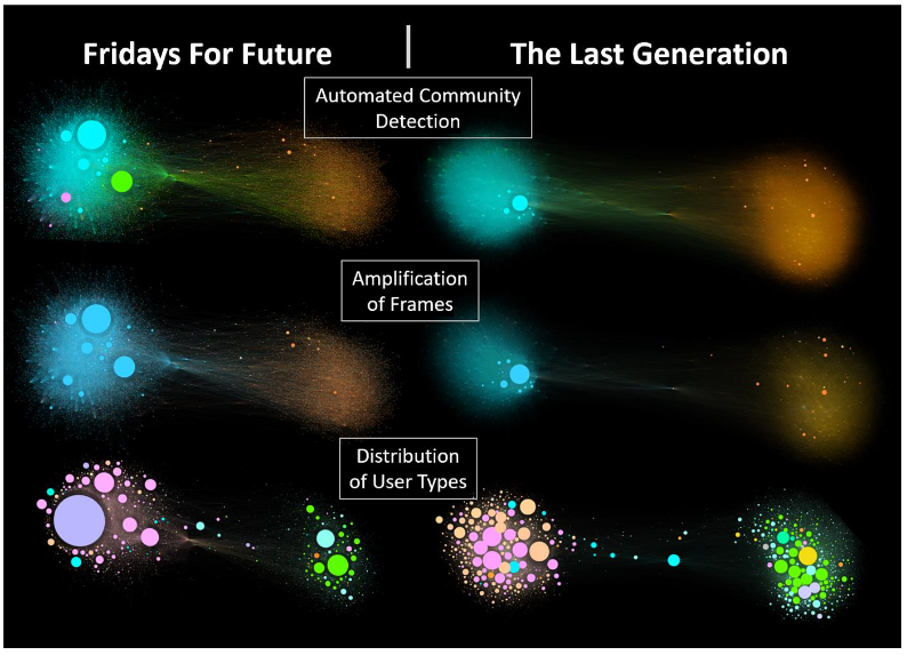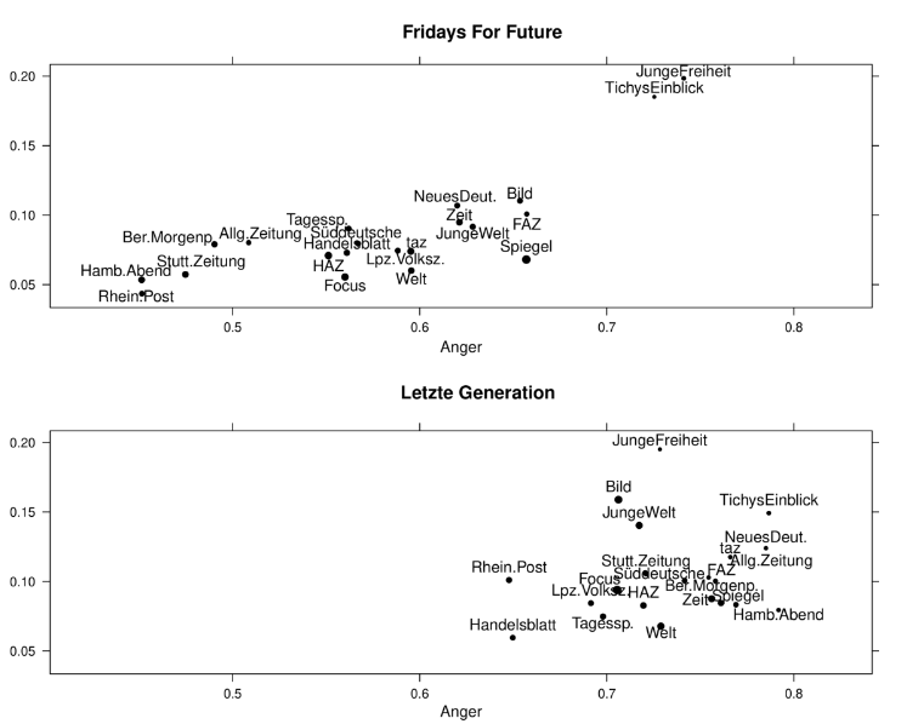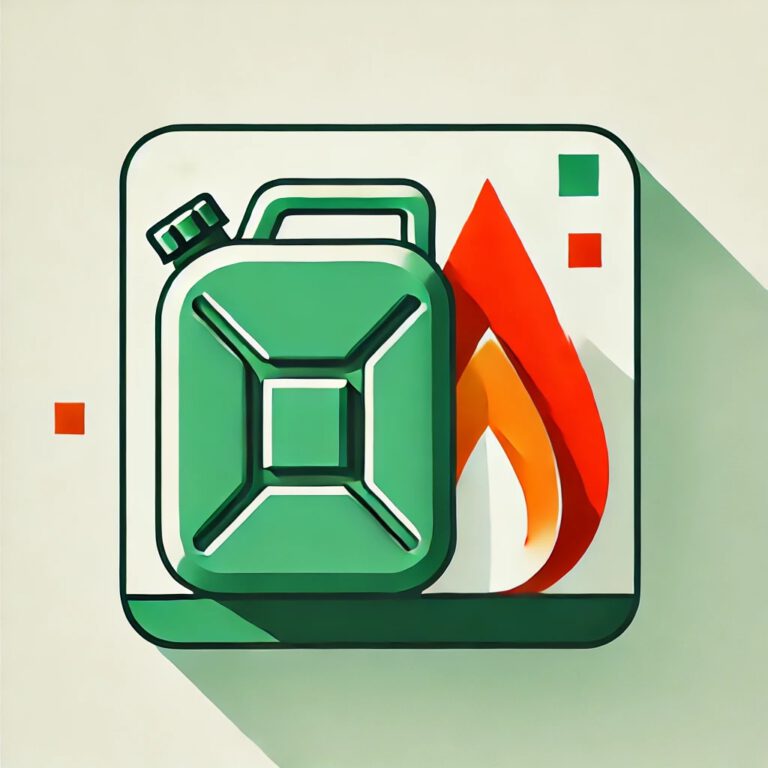|
From Disruptive Protests to Discursive Polarization? Comparing German News on Fridays for Future and Letzte Generation
Climate protesters are sometimes characterized as polarizing, but not all movements equally. Some movements’ actions are perceived as more disruptive than others, for example, by blocking traffic on a street, compared to a registered demonstration as a more conventional form of protest. Such unconventional, illegal, or disruptive forms of protest do not necessarily lead to a rejection of the cause such as climate protection measures. Radical movements may even increase support for moderate protests. In Germany, however, support for climate protests has recently decreased significantly (More in Common, 2023), after the disruptive protest organization “Letzte Generation” (Last Generation, LG) emerged. LG is said to have polarized the debate. We therefore test whether disruptive forms of climate protest lead to more polarized climate debates in Germany and which actors actually drive these polarization processes.
We present results of large-scale manual and computational analyses of German media discourses during 2022 and 2023, consisting of more than 12,000 news articles and 5,000,000 Twitter posts, comparing debates surrounding Fridays for Future (FFF) and the Letzte Generation (LG). We investigate whether the discourses vary in their degrees of "discursive polarization" operationalized as the use of extreme frames, toxic and angry interactions both in media content and in network structures.
The analyses of the Twitter debates show that while discourses around LG generate more attention, they also lead to more antagonistic and extreme frames, labeling protesters as terrorists or murderers. This aggression is directed not only against LG as an organization, but also against their online supporters. The LG supporters on the other hand, mainly call for action against climate change and defend the actions of the movement, while only very rarely promoting extreme doomsday scenarios or attacking the oppositional network cluster. FFF-related Twitter debates also attract extreme and uncivil content, but this content is posted by a comparatively smaller network cluster of right-wing users.

A similar picture emerges in journalistic coverage: reports on FFF are less toxic and refer to the cause of the movement (climate justice), whereas LG is primarily discussed from the perspectives of the extremism and crime frames. While only right-wing populist media talk about FFF in an extreme and toxic way, these voices are found in the entire media landscape when discussing LG protests. Subsequently, the language of rightwing-populist media is adopted across all outlets for the more disruptive protests.

We thus argue that mostly rightwing-populist actors (both political actors and media outlets) are responsible for the initial spreading of polarizing content in climate protest debates, resulting in an ‘asymmetrical polarization’ of online and news media debates: the whole debate becomes more toxic and moves to frames originally propagated by populist-right wing actors. While media outlets only quote extreme voices and do not necessarily share them in their own commentary, journalists are to be held responsible for providing salience to certain frames. While LG has provided the trigger for the polarization of the debate, it was fuelled by interested political-media actors. The process of discourse polarization is driven by the interactions of politics, journalism and digital media use under the influence of the affordances of digital platforms.
Meyer, H., Farjam, Rauxloh, H., M., & Brüggemann, M. (2023, under review). From Disruptive Protests to Discursive Polarization? Comparing German News on Fridays for Future and Letzte Generation. OSF Preprints. https://doi.org/10.31219/osf.io/jkaw8




